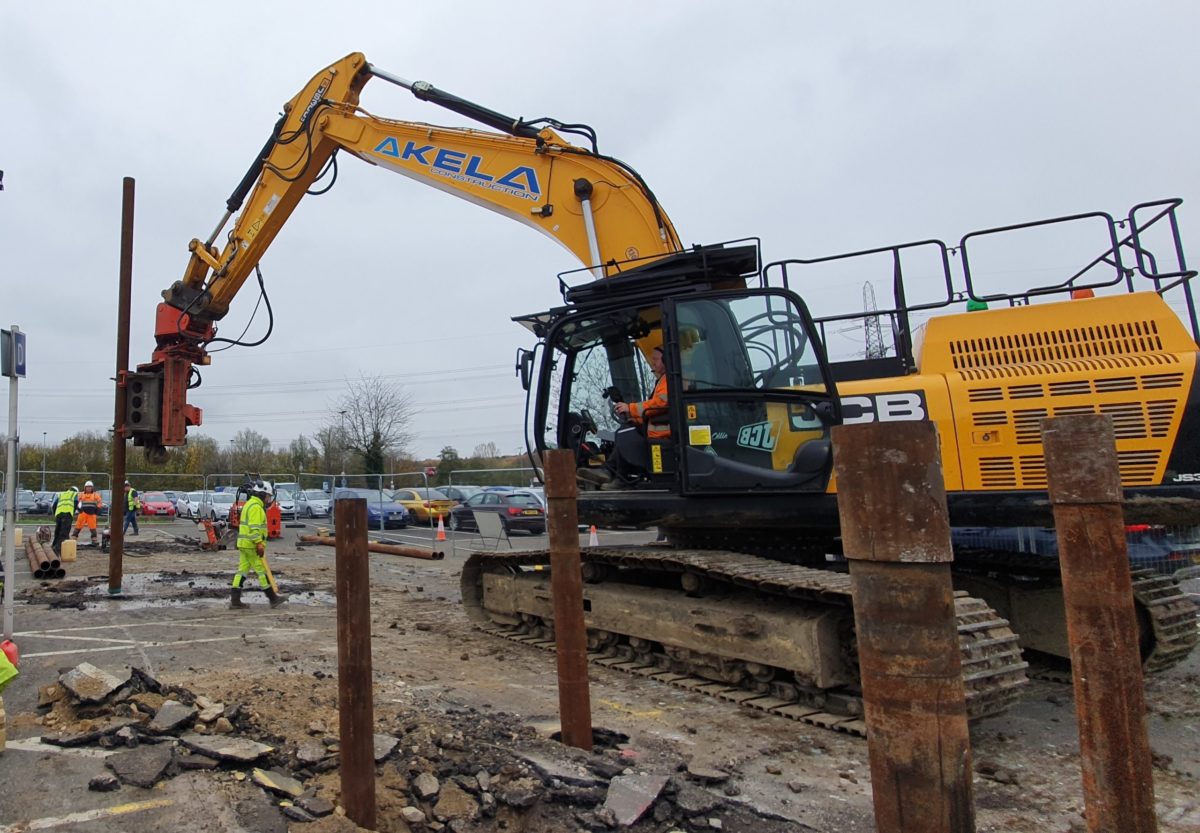
By Mark Markey, managing director, Akela Group
THE race to achieve net zero emissions targets is on and decarbonising the transport sector – as Scotland’s largest source of emissions – heavily depends on the mass rollout of electric vehicles, and crucially, the availability and prowess of electric vehicle charging infrastructure.
According to data from the Department for Transport, 38,600 ultra-low emissions vehicles (ULEVs) belonged to Scottish residents by the end of September last year, up from 22,100 at the same stage in 2020. Outwardly, the rapid increase of electric vehicles in Scotland is promising – but the continued ascent of the electric vehicle revolution strongly depends on having ample charging infrastructure in place to meet the growing demand.
Climate experts estimate that 30,000 public electric vehicle charging points will be needed in Scotland by 2030 to support the Government’s plans to ban the sale of new petrol and diesel cars and accelerate the transition towards electric vehicles. Yet, Scotland’s charging network currently consists of just over 2,100 charging hubs. Evidently, bridging the charging infrastructure gap and rolling out stations more quickly across the country requires private and public sector collaboration, but the ground engineering sector – and construction sector more broadly – has a unique role to play in this endeavour.
Fortunately, ground engineering firms like Akela Ground Engineering, part of the Akela Group, have the capabilities to quickly deliver piling solutions at these much needed electric vehicle charging hubs. At the end of last year, we delivered a piling project at the UK’s largest and most powerful electric vehicle charging hub at Redbridge in Oxford.

The Redbridge site contains 38 ultra-rapid electric vehicle chargers – delivering 100% renewable energy. On the Redbridge site, Akela Ground Engineering used steel repurposed tubular piles and innovative plant equipment to efficiently install the steel tube piles, helping to reduce the disposal of surplus materials to landfill. As a result, we were able to deliver the project in less than a week.
The remarkable success and quick turnaround of the Oxford project paved the way for our second charging point contract in quick succession. We were appointed to deliver piling at a new electric vehicle charging hub at Palace Grounds Retail Park in Hamilton. By adopting the same methods as we did for the Oxford project, we were able to complete the project quickly and deliver important sustainability benefits – using steel repurposed tubular piles to reduce the site’s carbon footprint by 97% when compared to using newly manufactured prime steel tube.
Bridging the electric vehicle charging hubs gap and deploying more stations across the country by 2030 undoubtedly presents an enormous challenge. The rising demand for low emissions vehicles alone is not sufficient to accelerate the transition. Bringing more consumers onboard also requires public and private sector collaboration to make ambitious charging infrastructure a reality and ground engineering firms like Akela Ground Engineering will have to play their part to quickly deliver the necessary charging hubs as we work towards a greener future for Scotland’s roads.
Flipping the switch on sustainable vehicles, decarbonising Scotland’s roads and ultimately, achieving ambitious climate targets hangs in the balance. We are ready to play our part.








